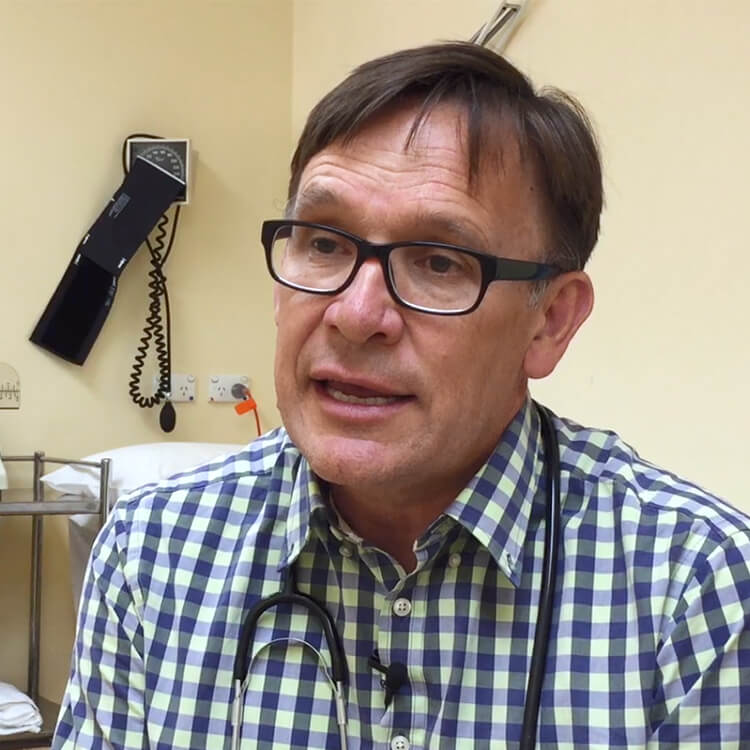Search
Research
The common BDNF polymorphism may be a modifier of disease severity in Rett syndromeRett syndrome (RTT) is caused by mutations in the transcriptional repressor methyl CpG-binding protein 2 (MECP2).
Research
Locally administered TLR7 agonists drive systemic antitumor immune responses that are enhanced by anti-CD40 immunotherapyTopical application of tumors with the TLR7 agonist imiquimod is an effective adjunct treatment for a range of primary dermatological cancers.
Research
Investigations into the role of ST2 in acute asthma in childrenThis study investigated the potential role of ST2 in children with acute asthma.
Research
Siblings of children with disabilities: challenges and opportunitiesSiblings of children with disabilities: challenges and opportunities
Research
Rio Tinto Child Health Partnership Final ReportIn 2002, the Founding Director of The Kids for Child Health Research, Professor Fiona Stanley, approached Rio Tinto Ltd about the possibility...
Research
Investigating genotype-phenotype relationships in Rett syndrome using an international data setThis study uses data from a large international database, InterRett, to examine genotype-phenotype relationships and compares these with previous findings in...
Research
Late language emergence at 24 months: an epidemiological study of prevalence, predictors, and covariatesThe primary objectives of this study were to determine the prevalence of late language emergence (LLE) and to investigate the predictive status of maternal...
Research
Diverging trends for lower respiratory infections in non-Aboriginal and Aboriginal childrenTo investigate temporal trends in admission rates for acute lower respiratory infections (ALRI) in a total population birth cohort of non-Aboriginal and...
Research
Vaccinating young adults against HPV: the importance of understanding health decision-making and behaviourVaccination of young teenage females against human papillomavirus (HPV) with a newly licenced quadrivalent vaccine designed to prevent cervical cancer and...

News & Events
New meningococcal strains bring increased risk in WAA new study has confirmed the changing pattern of meningococcal disease in Western Australia.
